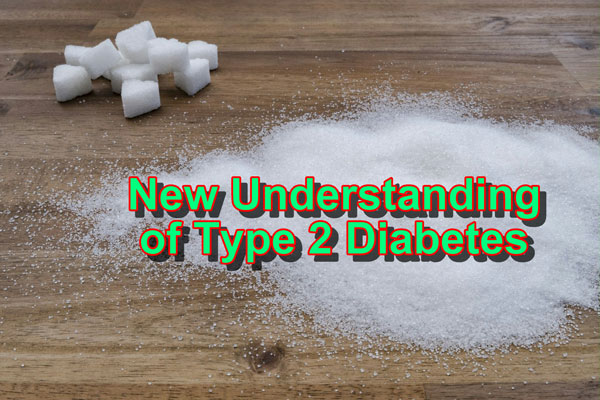Type 2 diabetes is the most common type of diabetes among all its types. Most of the cases of diabetes are of the people who are suffering from Sort 2 diabetes irrespective of the age groups. It is common in adult though.
An underlying cause of Type 2 diabetes
It explains the roles of glucose and the hormone insulin in our body. Symptoms of diabetes are reviewed and various health complications that type 2 diabetes can lead to if left untreated.
What is Type 2 Diabetes?
Kind 2 diabetes is a metabolic disorder that causes sugar in the form of glucose to accumulate in the blood rather than being used as fuel by the cells in our body. When we eat food, it is broken down by our digestive system into nutrient molecules that are then absorbed through our digestive tract for use by the body. Foods containing carbohydrates or various sugars are broken down into glucose. Glucose is an important source of fuel for many organs in our body, however to be able to use the glucose for fuel the glucose molecule must first enter into the cell.
What is the role of Pancreas?
The pancreas produces a hormone called insulin a chemical messenger essential for the entry of glucose into cells as the blood glucose levels rise after a meal. Insulin is released into the bloodstream and sets processes in motion to trigger the removal of glucose from the blood to enter into the cells.
What is Insulin Resistance?
In type 2 diabetes the cells become resistant to insulin and ignore its message to absorb glucose. This is known as insulin resistance. In addition, in type 2 diabetes the pancreas is unable to produce the greater amounts of insulin needed to trigger these resistant cells to take in glucose from the bloodstream.
Most Notable Symptoms of Type 2 Diabetes
The most notable symptoms of diabetes are frequent urination and excessive thirst. Other symptoms include weakness drowsiness and blurred vision. These are caused by chemical imbalances in the blood related to high levels of blood glucose. About one in four people with type 2 diabetes is unaware that he or she has the diabetes disease. It is important to catch diabetes early.
What damage does diabetes cause to body?
Over time high blood glucose damages the blood vessels which can damage the organs that these vessels supply leading to a variety of health complications. Damage to the small or micro blood vessels can cause vision problems including loss of sight nerve damage and kidney disease. Damage to larger or macro blood vessels can lead to cardiovascular complications such as heart disease stroke and poor blood circulation. Overweight and inactivity are major causes of diabetes. A family history of diabetes significantly increases your risk of developing the disease. Certain ethnic populations are also at increased risk of developing type 2 diabetes.
Finally, some medications may increase your diabetes risk specifically corticosteroids thiazide diuretics drugs used to treat certain mental illnesses and some anti retrovirals used to treat HIV infection in summary type 2 diabetes is a metabolic disorder. It causes sugar in the form of glucose to accumulate in the blood rather than being used as fuel for the cells in our body. If not diagnosed and treated in a timely manner, type 2 diabetes can lead to many health complications.

